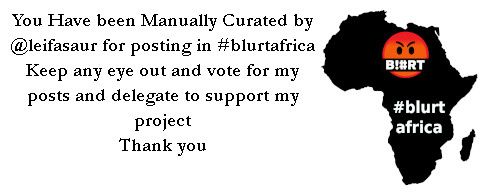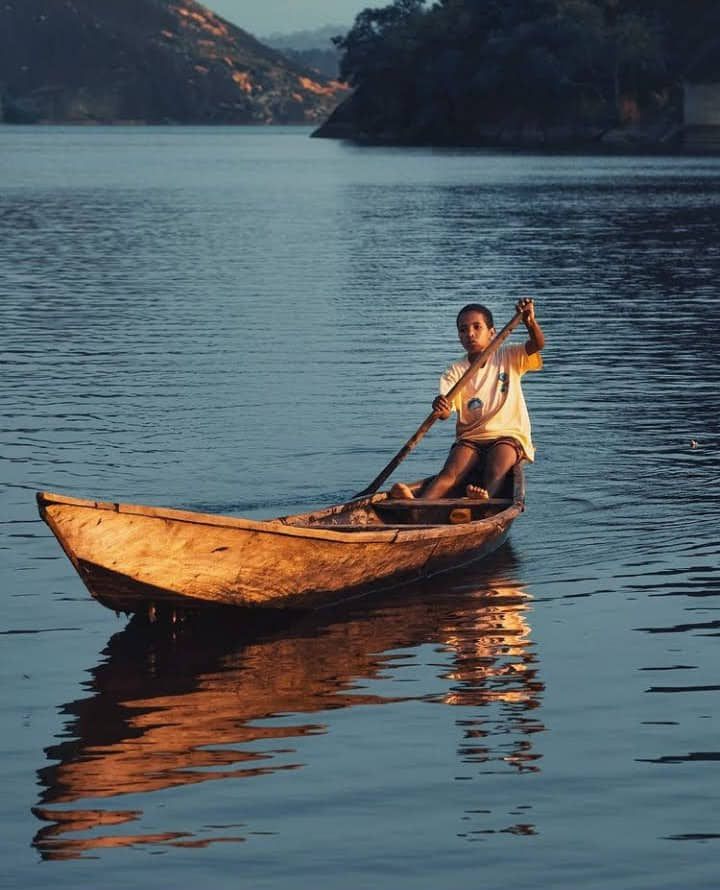
Itan irin-ajo kan si igbodun ti awọn agọ lilefoofo ti o yatọ julọ ni agbaye, ninu eyiti awọn ipenija ti o dohko kii ṣe nipasẹ Naijiria nikan, ṣugbọn pẹlu gbogbo ọgba-itura equatorial, ti wa ni kristali. Idarudapọ jẹ ki ọpọlọpọ awọn aladugbo tẹra si awọn ferese kekere ti awọn ile wọn, tun gbe oje naa ga. Luku Luku bellicose julọ julọ n gbe ẹsẹ didan ati kibbe ni aaye kọọkan kijikiji.
A story of a trip to the pleasure of the most different floating cabins in the world, in which the challenges that dohko not only by Nigeria, but with all the equatorial park, are crystallized. The chaos caused many neighbors to lean against the small windows of their homes, still raising the juice. The most bellicose Luke Luke carries a bright foot and kibbe at each point.
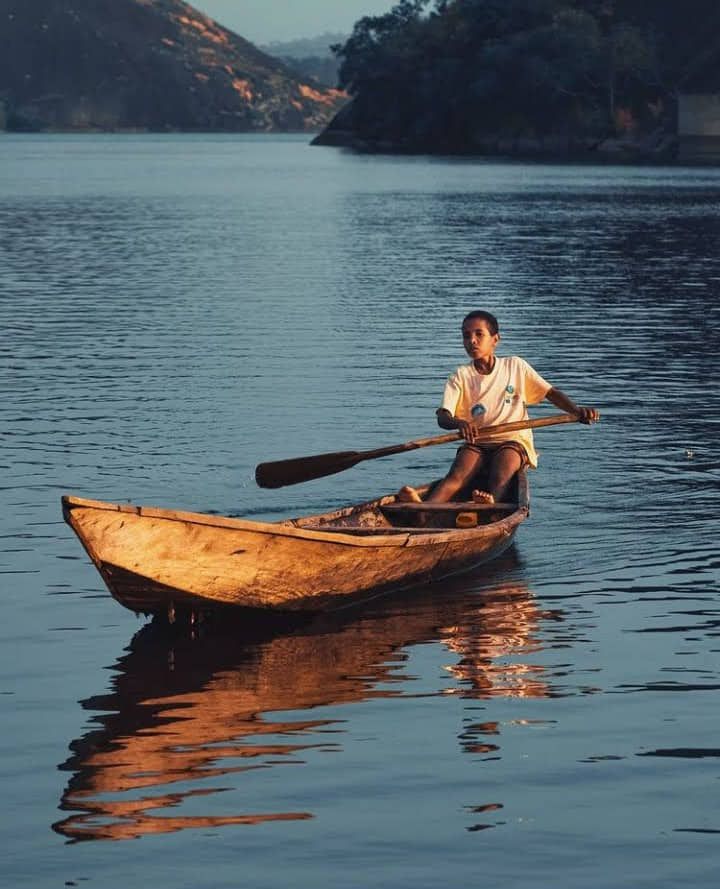
Paapaa King Kong dice o si lu u mọlẹ pẹlu labara kan. Ọkunrin naa dide, o binu. Forage ti wón ti wa ni lilọ lati koju si wa ati awn ti a yoo subu si dudu oje, ororo ati carpeted pẹlu ayawan igo. Suben oro re ni ede Yoruba n sokunnu, bi snipe gbogbo ti tu awada sile. Awọn oluwo bẹrẹ lati rẹrin. King Kong, aabo agbegbe aiṣedeede wa, sinmi ati tun ṣe afara jue ẹsẹ kan. Si alabaṣepọ rẹ, o lipari kẹlẹkẹlẹ Kaabo si Makoko. Ẹba ẹba labyrinthine fluvial y ii, pẹlu awọn ile oni ati awọn orule irin ti a fi palẹ pẹlu didin, jẹ apẹrẹ nla ti awọn italaya ti o dojukọ kii ṣe nikan
Even King Kong dices and knocks him down with a slap. The man got up, he was angry. Their forage is going to face us and we will fall to the black juice, oil and carpeted with glass bottles. But his words in the Yoruba language are sokunnu, like all the snipe has released a joke. The audience started to laugh. King Kong, our mischievous neighborhood protector, rests and rebuilds a foot bridge. To his partner, he finally whispered Welcome to Makoko. The labyrinthine fluvial y ii fringes, with modern buildings and metal roofs paved with shingles, are a great example of the challenges faced not only

Nàìjíríà, orílẹ̀-èdè méjèèjì, ìṣẹ̀lẹ̀, gbogbo ẹ̀kúnrẹ́rẹ́ àárín gbùngbùn ẹ̀kúnrẹ́rẹ́ àìdánilójú kan láàárín àwọn ìpìlẹ̀ ńláǹlà ti òde òní ti ipò ọlá àti ìṣẹ̀lẹ̀ òṣì tí gbogbo rẹ̀ wà nínú rẹ̀. Ilu Eko jẹ ilu ti o pọ julọ ni ijọba ti eniyan ti o pọ julọ ni Afirika. Pẹlu diẹ ẹ sii ju 20 milionu olugbe, a ṣe iṣiro pe ni ọdun 2040 yoo gba akọle ecumenical ti megalopolis ti o tobi julọ lati Olu-ilu Mexico. Pẹlu GDP kan ti 136,000 milionu dọla, ida kan ti GDP ti ijọba ati deede ti ohun ti Amazon ṣe owo ni ọdun 2017,
Nigeria, the two countries, the situation, the whole center of uncertainty between the great foundations of today's prestige and the phenomenon of poverty in which it all lies. Lagos is the most populous country in Africa. With more than 20 million inhabitants, it is estimated that in 2040 it will receive the ecumenical title of the largest megalopolis from the Capital of Mexico. With a GDP of 136,000 million dollars, a fraction of the GDP of the government and equivalent to what Amazon made money in 2017,
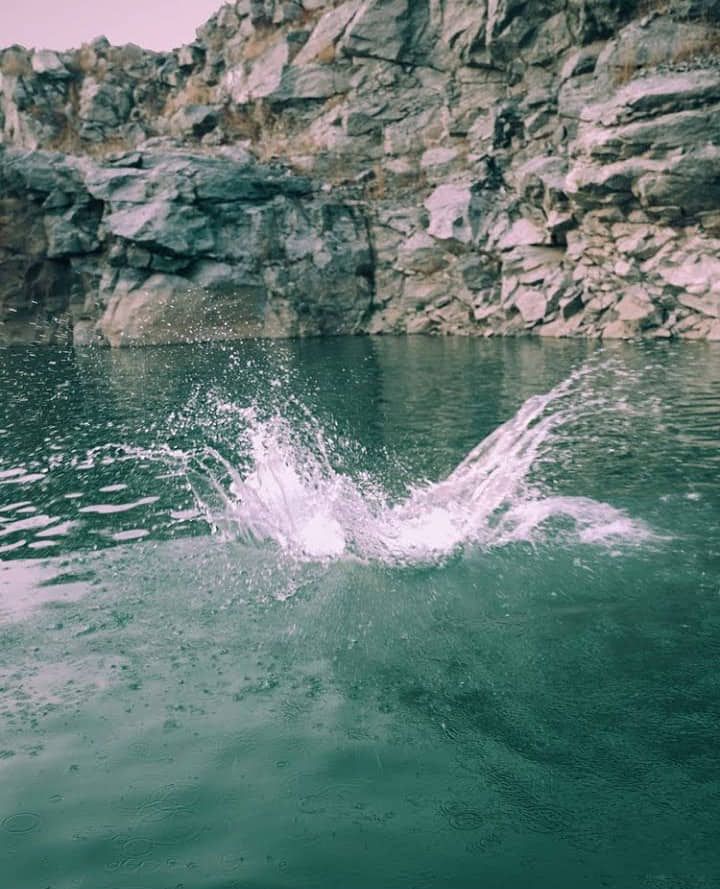
Eko n miret i lati di locomotive ti ọrọ-aje ti Y Roopu Afirika. Ẹnikan ti o lọ si Eko lati ṣe iṣowo hd kọja Inmi Continental Kẹta ati ki o wo Makoko, olupilẹṣẹ agbegbe kan sọ fun mi, ti o tọka si ileto iyalẹnu ti favela olomi yii ti awọn alaṣẹ ti ni reti lati gbe awọn ipilẹ ti Manhattan dudu tuntun. O le bayi gbe ni ayika Makoko ni a ikọkọ skiff ọrọ. Ko si ẹnikan ti yoo gba ọ kọja pẹlu wa, ami ti awọn oludare ọdọ sọ fun wa, ni anfani lati ṣafihan ararẹ, ti n lu àyà rẹ pelu ọwọ rẹ, wọn pe mi ni King Kong.
Ego hopes to become the economic locomotive of the African Union. Someone who went to Lagos to do business hd crossed the Third Continental Shelf and saw Makoko, a local developer told me, pointing to this amazing colony of liquid favela that the authorities had hoped to lay the foundations of a dark Manhattan new. You can now move around Makoko in a private skiff matter. No one will pass you with us, the sign of the young justice told us, being able to show himself, beating his chest with his hands, they call me King Kong.
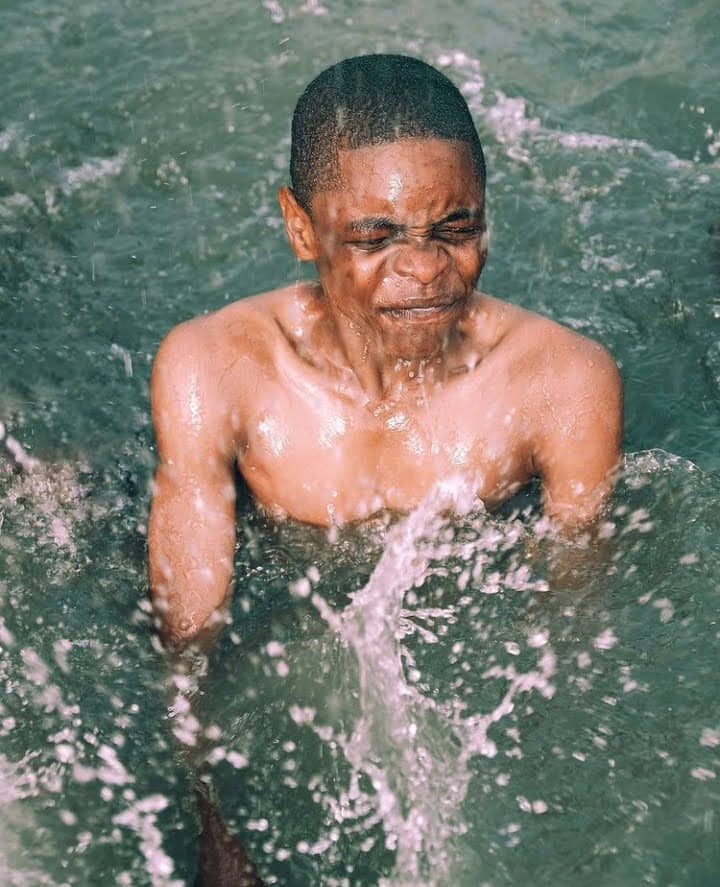
A wọ ọkọ̀ ojú omi níbi tí ẹsẹ̀ bàtà ti jẹ́ ẹ̀kọ́ tí ó sọnù. Ko si ẹniti o fẹ lati sọrọ nipa rẹ mọ. Fún wákàtí mẹ́taláàádọ́ta, a rìnrìn àjò lọ sí àwọn ọ̀nà àfonífojì tí èrò pọ̀ sí ti Makoko. Lati awọn ile diẹ ninu awọn wisps ti ẹfin dide lati awọn adiro lignite ati õrùn ti o lagbara ti ẹja ti a mu. Lati yiyi lọ si yiyi ni irisi ọdọmọkunrin kan ninu ferese ti awọn ile gbigbẹ, awọn ọmọbirin nṣiṣẹ lori awọn pákó igi ti o kọja awọn opopona ti omitooro tabi awọn olutaja ti n pariwo ti wọn nfun awọn ọja wọn.
We boarded the boat where the shoes were the missing piece. No one wants to talk about it anymore. For fifty-three hours, we traveled to the busy valley roads of Makoko. From some houses wisps of smoke rose from lignite stoves and the strong smell of smoked fish. From spinning to spinning in the form of a young man in the window of dry houses, girls running on wooden planks past the streets of broth or vendors shouting their products.
